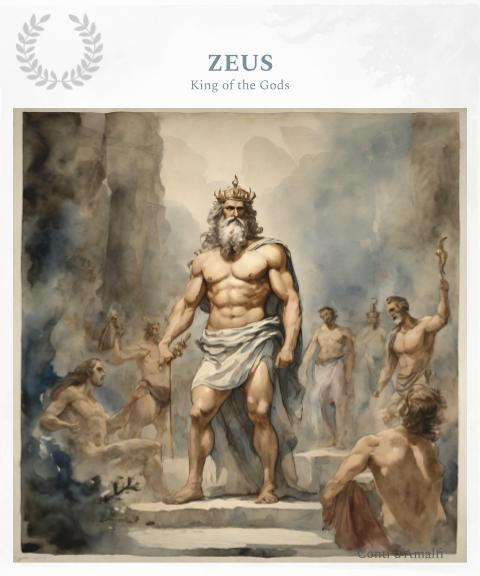
King of the gods and ruler of Mount Olympus.
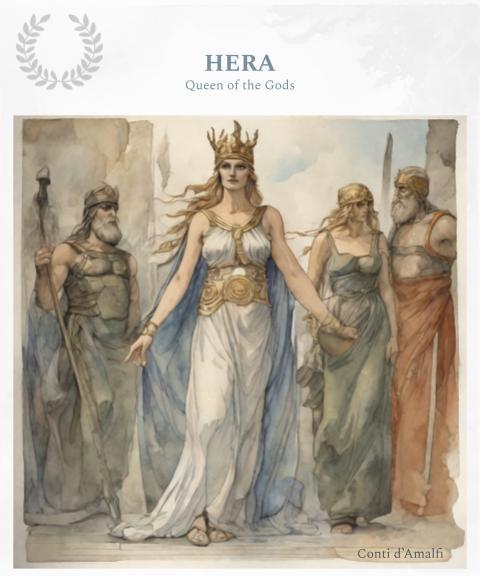
Queen of the gods and Zeus's wife and sister.
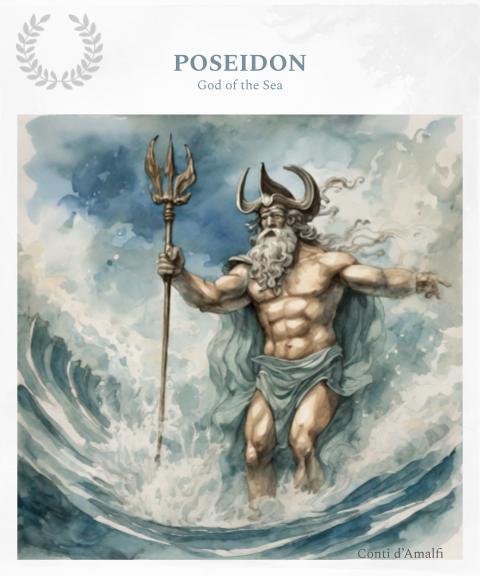
God of the sea and earthquakes.

Goddess of agriculture and the harvest.
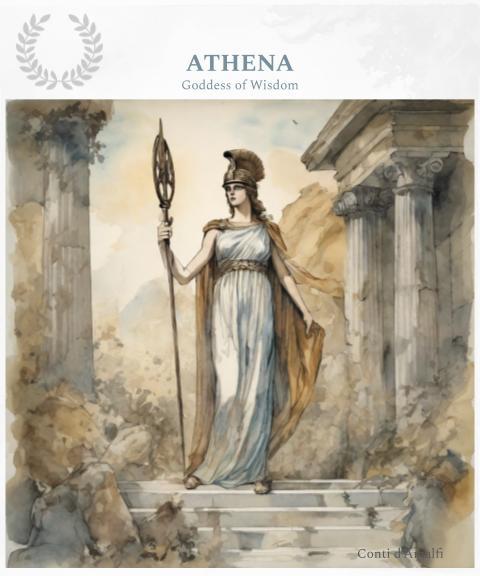
Goddess of wisdom, strategic warfare, and crafts.
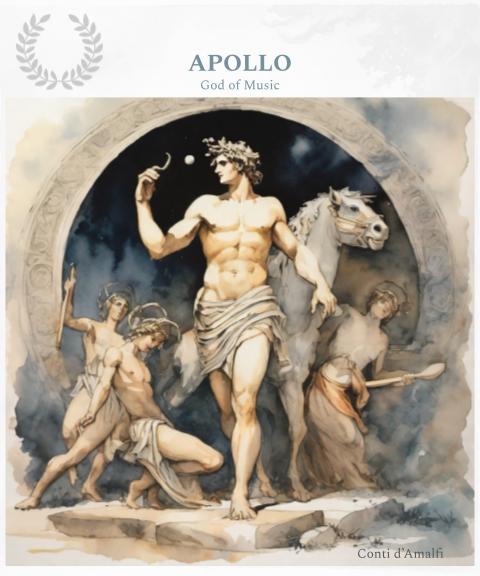
God of music, poetry, prophecy, and healing.
Artemis: Goddess of the hunt, wilderness, and childbirth.
Ares: God of war and violence.
Aphrodite: Goddess of love, beauty, and desire.
Hephaestus: God of fire, blacksmithing, and craftsmanship.
Hermes: Messenger of the gods, commerce, and thieves.
Dionysus: God of wine, celebration, and ecstasy.
Comments
Post a Comment